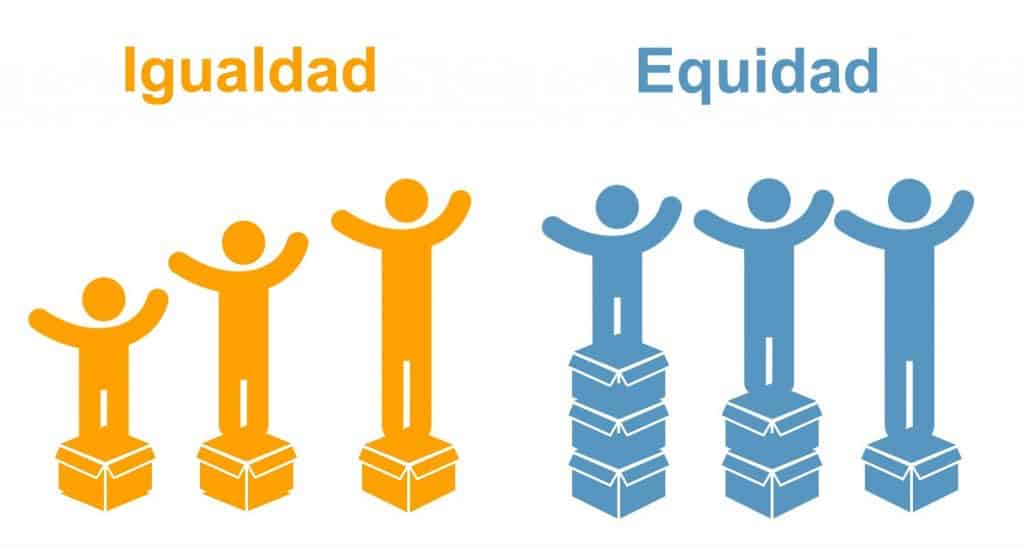The curiosity that I came to discuss today arises from searching for information about the learning algorithms (machine-learning), since I wanted to see graphs and data between the efficiency of using rewards and the counterpart that would be the punishments. I ended up not finding anything related to the topic (so I had to do my own studio) but I was reading a quite interesting article about a game called The Ultimatum Game (Ultimatum Game) that provides a quite interesting vision of human behavior.
Article in English: https://www.pnas.org/content/98/19/10757

Equitable Distribution / Rational Distribution
I just want to make a very brief summary so I will start by explaining the game and then the conclusions:
1.- Game rules:
There are two players, one is the Offeror and the other is Receiver.
The bidder will be given a certain amount of money (let's say €100), and both will know that figure. After The bidder is responsible for distributing the money as you see fit.
The next part of the game is that the receiver has to decide whether to accept his part or reject it. If you accept the distribution, both get their share; If, on the other hand, he rejects the deal, no one takes anything, and the game ends, and is not repeated. This last detail must also be known to both players.
2.- Observations:
As we can read in the article presented above, If two completely rational machines played, the first would ALWAYS keep €99.99, offer the recipient €0.01, and the second would ALWAYS accept.
After all, the receiver has no reason to reject that distribution: he loses nothing, in fact, he gains a cent.
In this game there is no option to negotiate, whether you accept or not, the game is not repeated, so the completely rational offerer would take advantage of the fact that as long as there is a minimum profit, the completely rational recipient will accept anything.
However The data we obtain when two people face this little exercise have nothing to do with each other.:
In most cases The bidder keeps €50 and gives another €50 to the recipient.; and not only this, but also In the few cases where the offeror keeps more than €66, the recipient prefers that no one takes anything.

It is an idea that I find highly interesting, especially in the second scenario. I can understand that the offerer is a person of integrity and sees no problems with an equitable distribution, but it is more difficult for me to understand that in cases in which the offerors are not so upright and decide to offer €30, the recipient rejects .
I suppose that It may be because many people would feel foolish to accept a deal where in one way or another they are being taken advantage of and their vulnerability. in this game, but if they didn't take this into account they could accept the €30 and Instead of thinking that they have been taken advantage of, think that they have completed the game in the most intelligent way possibleWell, I emphasize that the other option is to take €0 and never have the option of taking anything else again.
